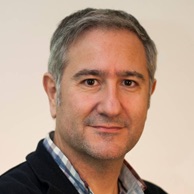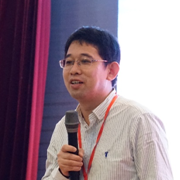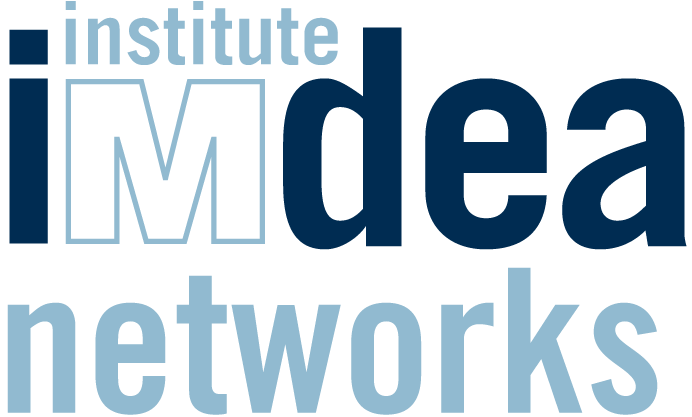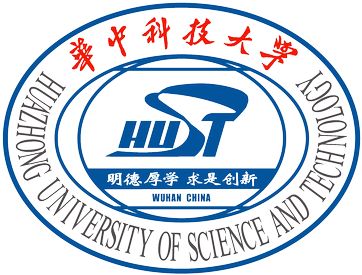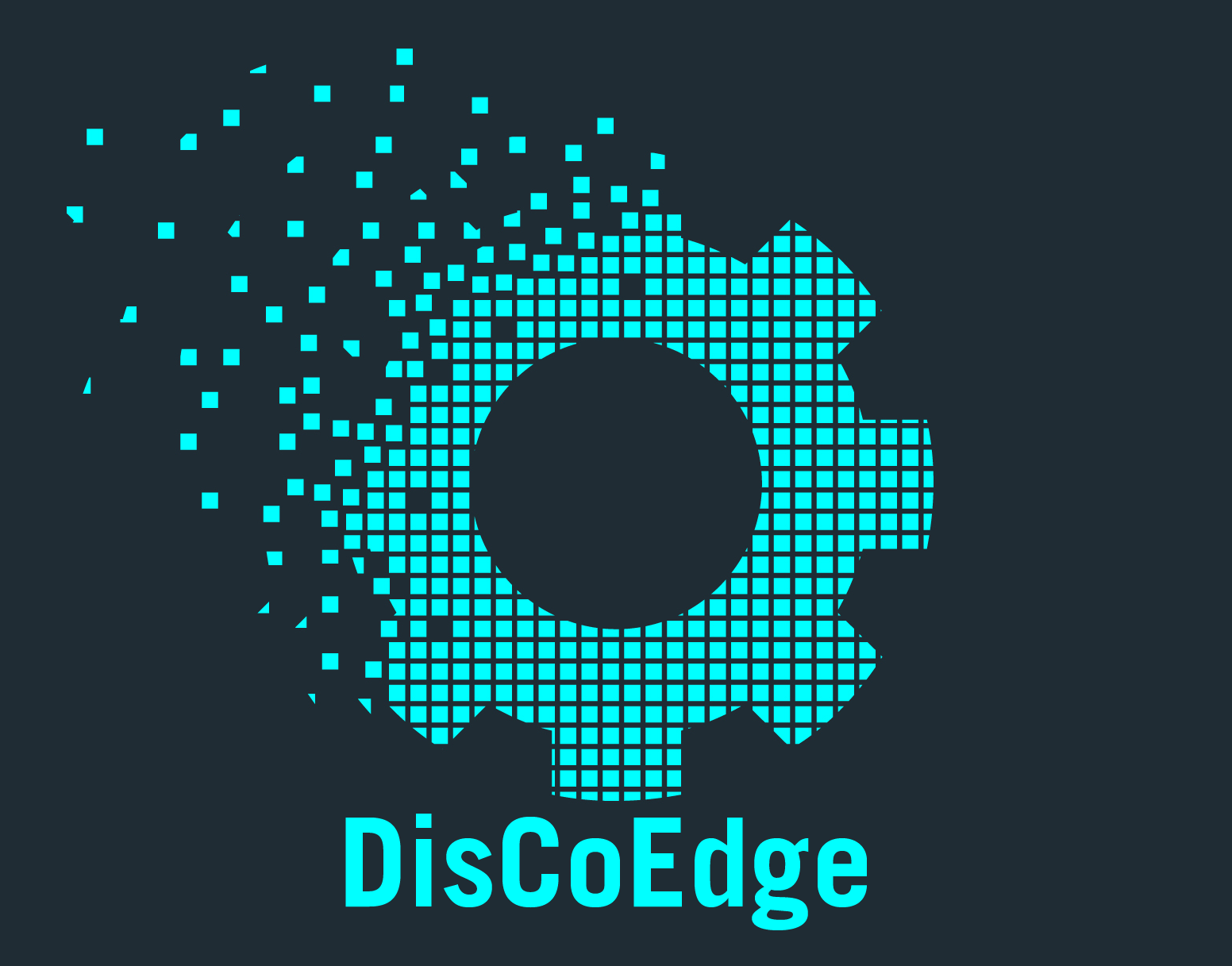Keynote

Title: Lightweight Short-term Photovoltaic Power Prediction for Edge Computing
Speaker: Albert Zomaya (University of Sydney)
Abstract: To meet the needs for energy savings in Internet of Things (IoT) systems, solar energy has been increasingly exploited to serve as a green and renewable source to allow systems to better operate in an energy-efficient way. In this respect, accurate photovoltaics (PV) power output prediction is a prerequisite for any energy saving scheme employed in these systems. In this talk, I am going to discuss a unified training framework combined with the LightGBM algorithm to obtain a prediction model, which can provide short-term predictions of PV power output. Compared with the training in a single powerful machine, our proposed framework is more energy-efficient and fits into devices with limited computation and storage capabilities. The experimental results show that our proposed framework is superior to other benchmark machine learning algorithms.
Bio: Albert Y. ZOMAYA is currently the Chair Professor of High Performance Computing & Networking in the School of Computer Science, University of Sydney. He is also the Director of the Centre for Distributed and High Performance Computing. He published more than 600 scientific papers and articles and is author, co-author or editor of more than 25 books. He is the Founding Editor in Chief of the IEEE Transactions on Sustainable Computing and the Editor in Chief of the ACM Computing Surveys and previously he served as Editor in Chief for the IEEE Transactions on Computers (2011-2014). He delivered more than 190 keynote addresses, invited seminars, and media briefings and has been actively involved, in a variety of capacities, in the organization of more than 700 conferences. Professor Zomaya is the recipient of many awards, such as, the IEEE Computer Society Technical Achievement Award (2014), the ACM MSWIM Reginald A. Fessenden Award (2017), and the New South Wales Premier’s Prize of Excellence in Engineering and Information and Communications Technology (2019). He is a Chartered Engineer, a Fellow of AAAS, IEEE, IET (UK), an Elected Member of Academia Europaea, and an IEEE Computer Society’s Golden Core member. Professor Zomaya’s research interests lie in parallel and distributed computing, networking, and complex systems.
